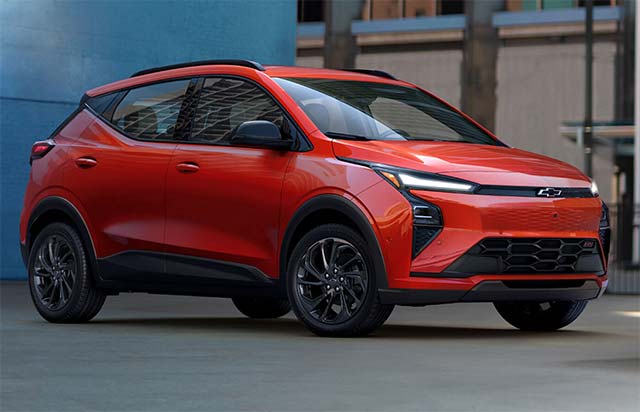In Q3 2025, U.S. EV sales shattered all previous records, hitting an all-time high 438,487 electric vehicles. EV sales surged 40.7% from the previous quarter and were 29.6% higher than the same period last year.
This record volume meant EVs snagged a 10.5% share of all new vehicle sales, also a new high and a clear sign that electric cars are quickly moving into the mainstream. The rush to buy was likely spurred on by an incentive-ending deadline, which got both consumers and dealers scrambling to finalize purchases.
While the overall numbers were celebratory, the gains weren’t shared equally among all manufacturers.
Mercedes-Benz saw mostly flat EV sales year-over-year, and both Toyota and Nissan sold fewer EVs in Q3 than they did a year ago.
However, many others saw huge success. Volkswagen, General Motors, Honda, and Hyundai all posted sizeable gains. VW and GM, in particular, saw their EV sales more than double their year-ago levels.
Even Tesla, after a tough first half of 2025, managed to post an 8% year-over-year gain. But as the market matures and competition heats up, Tesla’s dominance is clearly waning. Their share of total EV sales fell from 49% in Q3 2024 to 41% in Q3 2025.
With nearly every other automaker expanding their electric lineups, it’s getting harder for the EV pioneer, which mostly relies on its two core models (Model Y and Model 3) to maintain market share. Recent price cuts might help them keep the volume high, but the competitive pressure is intense.
Despite the record-breaking quarter, the EV market remains top-heavy. Roughly 90 different EV models are now available, but only nine of them sold more than 10,000 units.
The Tesla Model Y (114,000+ sales) and Model 3 (53,000+ sales) are still the undisputed leaders. The new Chevy Equinox secured the third spot with almost 25,000 sales.
But beyond these outliers, the vast majority of EVs sell at a much lower rate—often less than 6,000 units per quarter. In the cutthroat, volume-driven world of auto manufacturing, low volume is the enemy of profit. For nearly every automaker, EV profitability remains a distant goal.
The record-setting Q3 came right before a major shift: the elimination of government-backed EV sales incentives. This makes the challenge of manufacturing and selling profitable EVs in the U.S. market even tougher.
Looking ahead, Cox Automotive is forecasting an impending slowdown. They predict EV sales will drop notably in Q4 2025 and continue to cool off through the early months of 2026.
Blagojce Krivevski is physicist and green technology lover. Keep in touch with Blagojce through his email, web site, Twitter, Linkedin, Facebook and Google+.
Email: [email protected]











